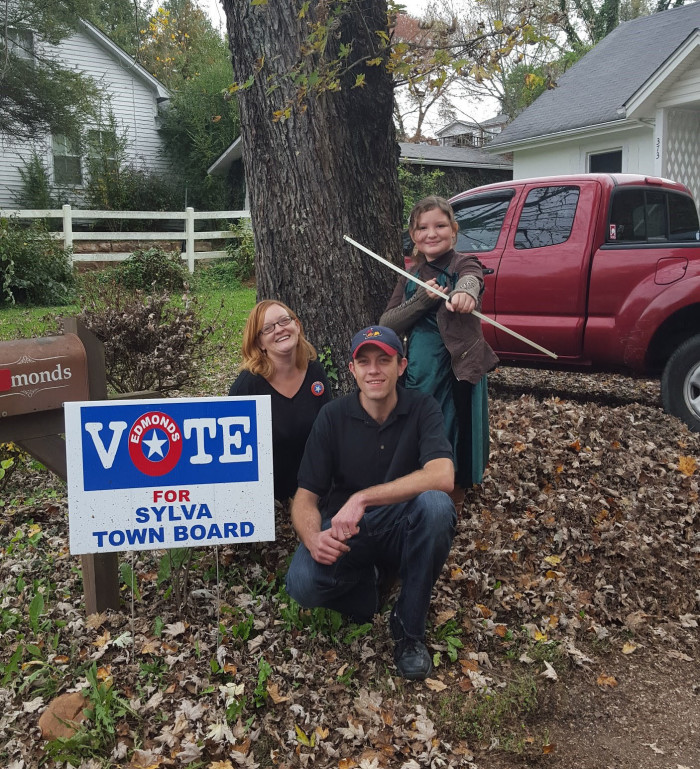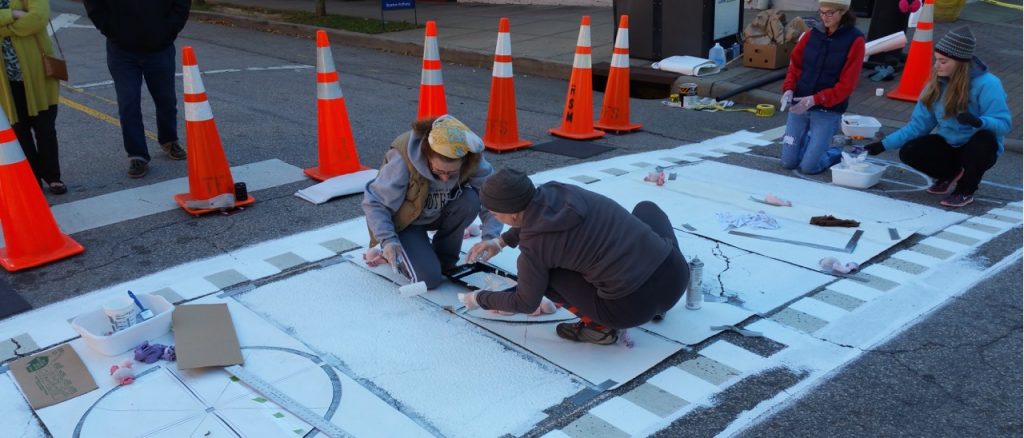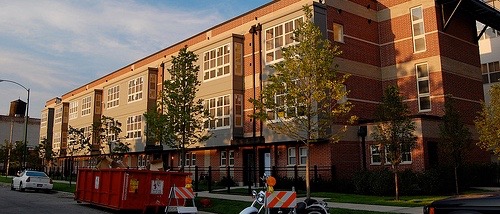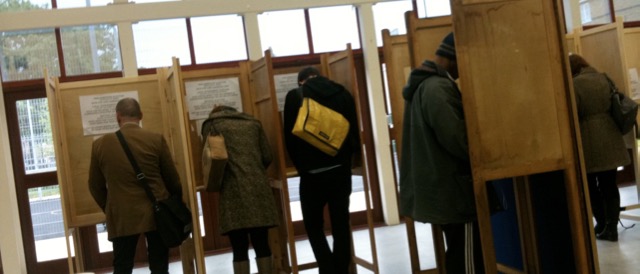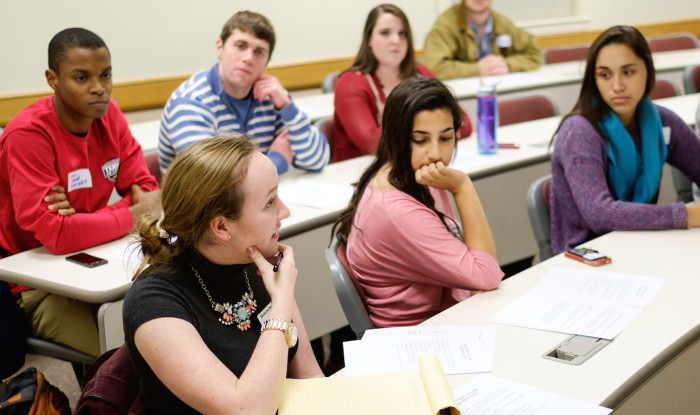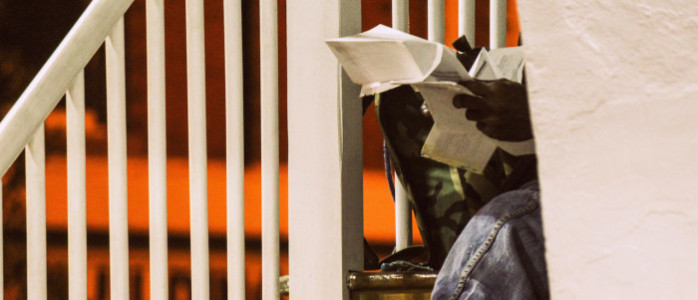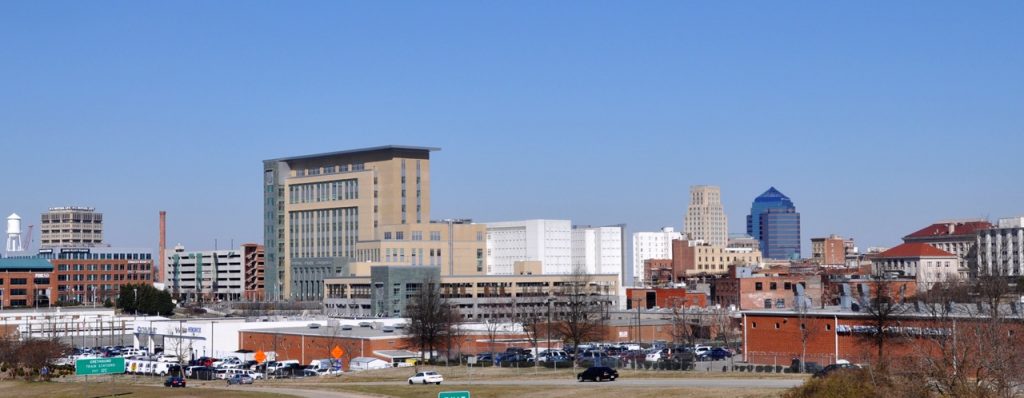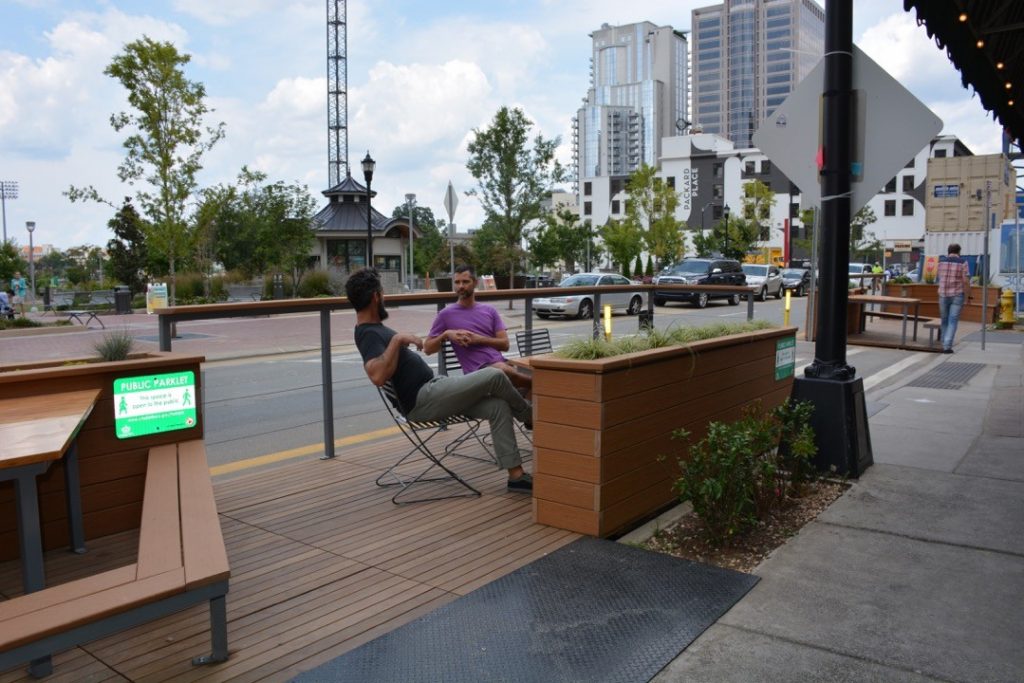
Recently, I had an opportunity to sit down with Willie Ratchford, executive director of Community Relations for the City of Charlotte. Willie just celebrated 40 years working with the city, and I wanted to get his perspective on how community relations and engagement have changed throughout the years. I was also curious to get his take on the current role of local government considering the drastically different community landscape.
When Willie started with the city, the year was 1975. During that year Microsoft was founded, “Saturday Night Live” premiered, the Thrilla in Manila took place and the blockbuster hit “Jaws” was filmed on Martha’s Vineyard. We may have social media and 3D video games today, but one of the most popular (and odd) gifts for kids during the holiday season in that year was the Pet Rock. So yes, times have changed. Significantly.
Willie has seen a lot throughout his life and career – from the desegregation of schools to his involvement in the administration of Charlotte’s fair housing law in 1988. In 1994, Willie became the executive director of Community Relations. He felt that this role was a defining moment in his career because he had the opportunity to impact race relations in Charlotte. He firmly believes that it is the responsibility of local government to promote community harmony. Continue Reading
